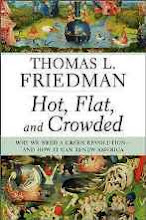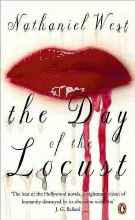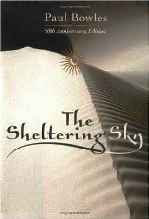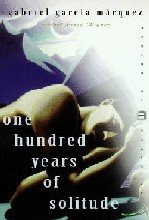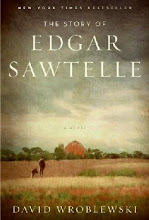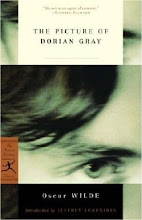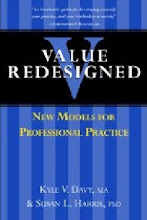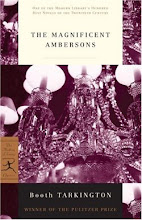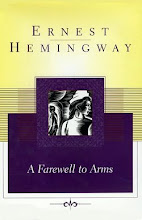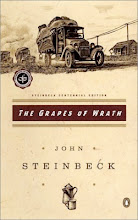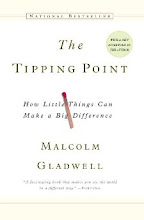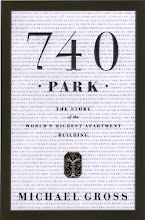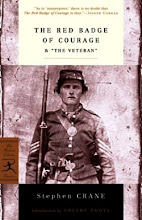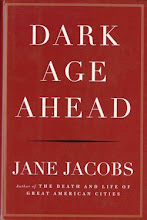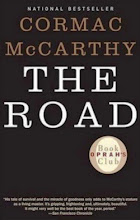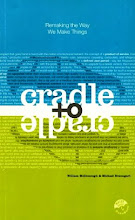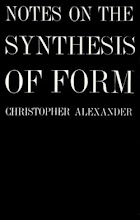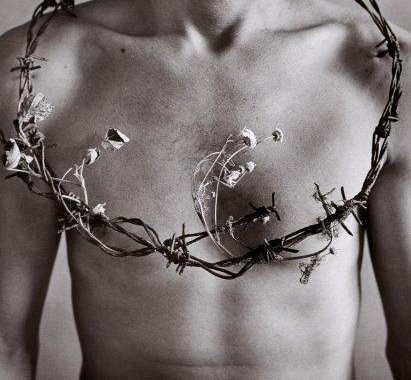
“We ranged through, no food could we get,
Confined there for a long time, nothing for to eat,
Till we cast lots to see who should die,
Which made our ship’s crew for sorrow to cry.
The lots were drawn, one man was to die,
For his wife and poor children most bitterly did cry,
To kill him says the captain, or take away his breath,
But to starve with hunger is a deplorable death.
Then his messmates they killed him and cut off his head,
And all the ship’s crew from the body did feed,
And at eight different times lots amongst them were drawn,
For to keep them from starving that’s the way they went on.”
Confined there for a long time, nothing for to eat,
Till we cast lots to see who should die,
Which made our ship’s crew for sorrow to cry.
The lots were drawn, one man was to die,
For his wife and poor children most bitterly did cry,
To kill him says the captain, or take away his breath,
But to starve with hunger is a deplorable death.
Then his messmates they killed him and cut off his head,
And all the ship’s crew from the body did feed,
And at eight different times lots amongst them were drawn,
For to keep them from starving that’s the way they went on.”
The future is uncertain as darkness obscures the path of salvation. A general has blindly marched his army into the killing fields where death is unavoidable. Now the decision of who shall survive if any waits. All the sorrow and regret of leadership will not change the slaughter that is to befall. The destructive economy is finally at the door and even the most promising future will not be spared on the sword of indifference. Almost twenty five years of contributions to society and the environment is now a victim of circumstances. I now must decide how to dismantle the most talented staff of individuals I have ever assembled. Tell me if I should cut off my right or left arm, is an eye more important than a leg. Any action carries the present risk of bleeding to death. How do you choose which of your children should die by the sword? I have shared my life with all of them. I have watched their families grow, I have watched them marry, I have comforted them when they have grieved loss, I have been their teacher and they have been mine. I have asked them to climb mountains and they did. How can I possibly choose? Whatever happens I shall forever be scarred by the senselessness of it all and the guilt that my judgments brought us to this point? Logic has lost reason in the carnage; all I can think of is the drawing of lots.
Since the time of the bible in the book of Proverbs: "The lot causeth contentions to cease, and parteth between the mighty." Drawing of lots is a lottery in which participants blindly choose objects (such as stones, straws, coins, or dice) in order to make a random decision. It is won by luck, akin to tossing a coin. The Hebrew bible makes a number of references to lots. Although the masses were forbidden by Jewish law to cast lots for divination – which was the prerogative of the priests, God's authorities on earth were allowed to use lottery devices to guide judgments. Thus the chief priest carried sacred stones inside his breastplate, through which he sensed divine intentions. The stones gave God's answer, determined when the 'Yes' or the 'No' stone was drawn out. King David consulted this oracular medium before going into battle: when the 'Yes' stone appeared, forecasting his victory over the Philistines, he set off on the warpath.
“Although the early fathers of the Christian church were vigorously opposed to divination by lots, sometimes excommunicating those who practiced it, this did not stop the Church itself using this method for decision-making. Some devout Christians continued to use lottery when faced with some of life's most difficult decisions. Whether or not divine intervention is invoked as the mechanism through which the casting of lots leads to decisions, the method has been recognized for millennia as a way of ensuring fairness in deciding difficult matters. In the past, the results of drawing lots were considered to reflect divine guidance. Today the results are more likely to be regarded as reflecting the play of chance. Lotteries to decide which citizens shall risk their lives in defense of their countries have been accepted as a fair, democratic solution to a problem of difficult choices. Lots for the 1917 military draft in the United States were drawn in public, in the presence of the President and other dignitaries, by a blindfolded Secretary of State.”
In the knowledge that human judgments are fallible, drawing of lots is also used to test the validity of opinions. There remains considerable ambivalence about casting lots as a risk-limiting and democratic device for dealing with uncertainty. Some clues to the reasons for this can be discerned in the condemnation of lottery by religious authorities as 'unlawful,' 'sinister,' 'invoking demons and evil spirits,' 'usurpation of God's prerogative'. In fact, the history of lottery for divination is the history of the surrender of decision-making to the control of authorities.
At this moment is time I can no longer see God’s hand guiding what is right. I can’t find divine intervention coming for salvation. I am left alone and cold with a deep bitterness that my dreams will die with the sword. I am left with only the possibility of drawing lots. I can see no good which will come from this; there is no personal growth to be achieved. There is no justice in rewarding those outside our company that have not made the same personal sacrifices for the good of society. I am watching this new economy consuming the pure of heart, the well intentioned, the idealist, the humanist, only to leave the greedy, the cheap, the heartless, and the cruel to guide our destiny. Because I chose no to comprise our ethics, values, inspirations; to not generate revenue at any cost, to invest freely in the causes that will make this world heal itself, I am left with the blood of the innocent on my hands.
"Yet ah! why should they know their fate,
Since sorrow never comes too late,
And happiness too swiftly flies?
Thought would destroy their paradise.
No more; where ignorance is bliss,
'Tis folly to be wise."
Thomas Gray
"Fate rules the affairs of mankind with no recognizable order."
Seneca (5 BC - 65 AD)













